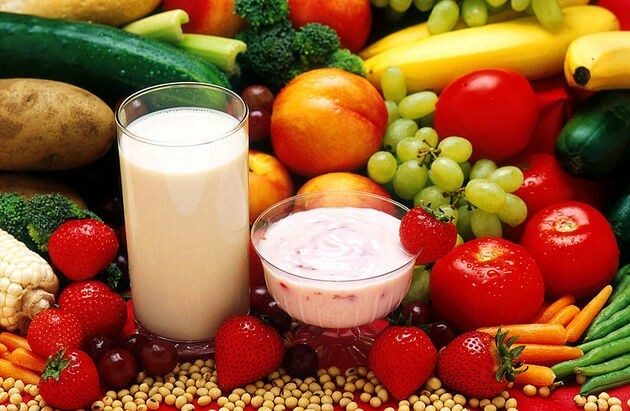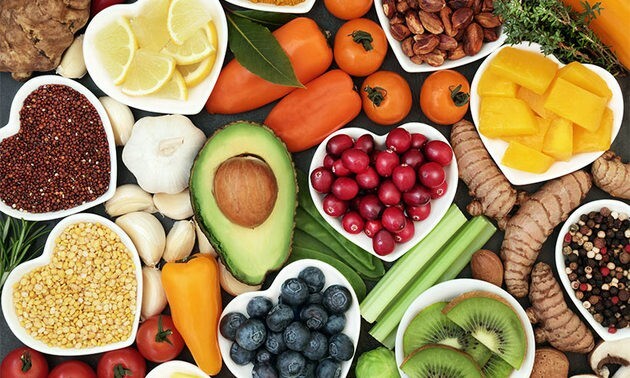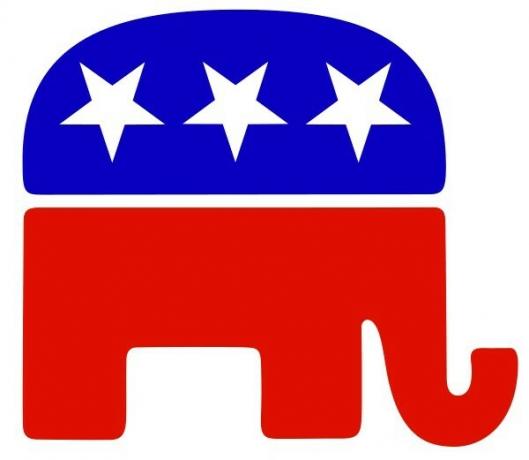The main difference between vegans and vegetarians is that vegans do not consume anything that has animal origin, whether in their food or other products, such as hygiene, cleaning, clothing or medicine items. Vegetarians, on the other hand, do not eat meat, fish and poultry, but consume other products of animal origin.
The main motivation of vegans and vegetarians is ethical, however, vegetarianism can also be motivated by health and religious issues.
| Vegan | Vegetarian | |
|---|---|---|
| Food | Reject any food related to animals, such as meat, milk, honey, eggs, etc. | Does not consume fish, meat and poultry. |
| Dairy products and derivatives | Does not consume. | Can consume. |
| Products | Does not use animal-related products. | Uses animal-related products. |
| What is it | It can be seen as a lifestyle. | It's a type of diet. |
| reasons | The main reason is the ethical question, for the non-exploitation of animals. | It can be adopted for ethical, dietary, health or religious reasons. |
What is it like to be a vegetarian?
A person who excludes meat, poultry and seafood from his diet is considered vegetarian. However, there are different types of vegetarianism and some also exclude dairy products and eggs.

The most common types of vegetarians include:
- Lacto-ovo vegetarians: Vegetarians who avoid animal meat but consume dairy and egg products.
- Lacto-vegetarians: vegetarians who avoid meat and eggs, but consume dairy products such as milk, cheese, yogurt, butter, among others.
- Ovo-vegetarians: Vegetarians who avoid all animal products but consume eggs.
Then there's the flexitarian diet, made by people who are cutting back on their meat intake but still eating in some cases. It is also considered the one who does not eat other types of meat, but consumes fish.
Although sometimes considered vegetarians, flexitarians occasionally eat animal flesh. So they technically don't fall under the definition of vegetarianism.
What is being vegan?
Veganism can be seen as the most radical and strict form of vegetarianism. More than a diet, it can be considered a lifestyle, which seeks to exclude all forms of animal exploitation and cruelty.
Vegans, in addition to not consuming any type of meat, take it a step further by eliminating all animal foods from their diet, including milk, honey and eggs.

Furthermore, veganism is not limited to food. Vegans do not use any products of animal origin, including hygiene products, cosmetics, clothing, medicines, among others.
Reasons for vegetarianism and veganism
Vegetarian diets have existed since 700 BC. W. Their reasons may be ethical, but the diet can also be embraced for health, environmental and religious reasons.
The reason for veganism is primarily ethical. The motivation is to avoid all forms of animal exploitation and, therefore, in addition to food, vegans give up any product of animal origin, whether for hygiene, medicine, among others.
In terms of ethics, vegetarians are opposed to killing animals for food, but consider the consumption of animal by-products such as milk and eggs to be acceptable. On the other hand, vegans believe that animals have a right to be free from human use, be it for food, clothing, science or entertainment.
Vegans also tend to avoid circuses, zoos, rodeos, horse racing and any activity involving the use of animals for entertainment.
See also the difference between:
- Light and Diet
- Types of Carbohydrate

